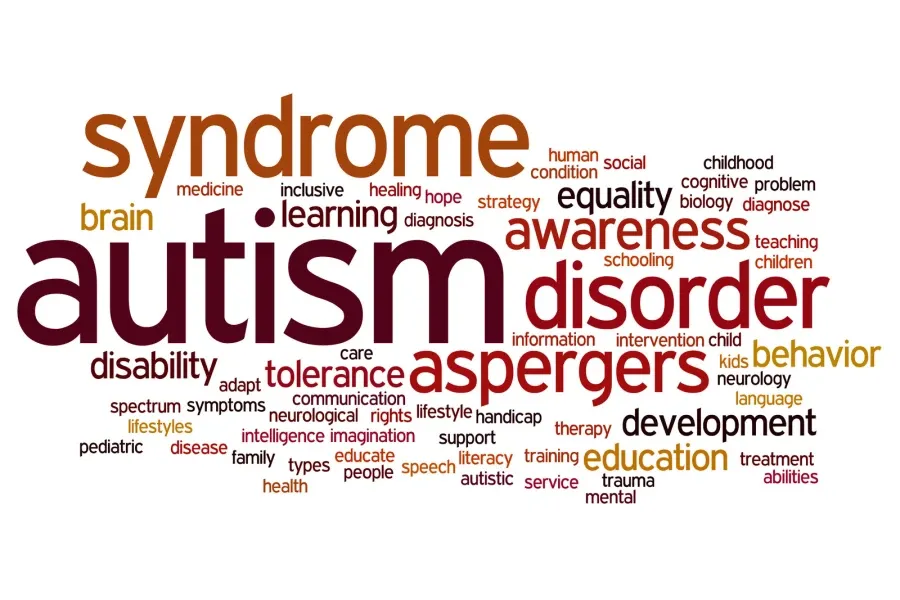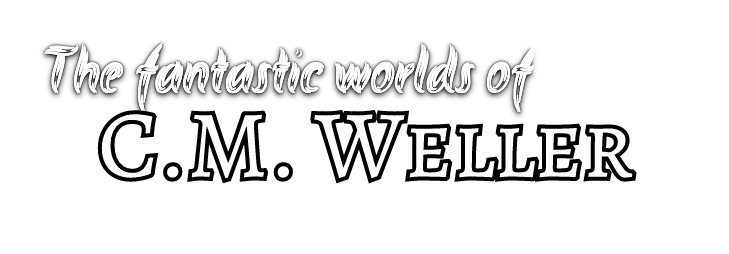Tropes Vs Autism: The Burden
This is one that turns up in the social narrative as well as fictional ones. The autistic boy (And it’s always a boy, as discussed last week) can’t be managed and won’t be managed. Sometimes, he’s a danger to himself and others.

This is one that turns up in the social narrative as well as fictional ones. The autistic boy (And it’s always a boy, as discussed last week) can’t be managed and won’t be managed. Sometimes, he’s a danger to himself and others.
In fictional narratives, the camera focuses on the trials of the parents and the testing, the hoops they have to jump through, and the expenses they have to pay for in order to corral their burdensome child. In reality… it’s more often than not lead to infanticides where the parents or guardians are often painted as driven to the ultimate extreme.
“Poor parents” is generally the overlaying theme. “They were driven to the edge by this horrible sub-human thing.”
Except…
There are ways to communicate with and understand Autistic children. The actual problem is parents and guardians thinking that they can punish their Autistic kid into behaving like “a normal person”.
Autistic kids become “snowflakes” who apparently need to learn how to deal with “the real world” via a series of tortures and abuses until they behave. Hell, there was even one movie where the hero’s back story involved him being an Autistic kid who was essentially bullied into near-normal behaviour and becoming a hit man.
Yeah. That is completely wrong.
The burden child narrative panders to the neurotypical parents who don’t want to learn how to communicate with their autistic kid. It panders to the general miasma of ablism in our society where if anyone needs more help than the preferred ‘none’ option, they’re suddenly a drag on society and a huge inconvenience to everyone around them and -hey- why not be normal instead of choosing to be disabled?
Neurotypical parents who swallow the burden narrative are the ones who don’t want to invest their time into Intensive Interaction or bother with flash cards or actually do anything outside the range of normal. They don’t want to be inconvenienced by a kid with special needs.
They can’t -or don’t want to- understand that Autistic kids actually need a little bit of special treatment. A lot of understanding. And some inventiveness and creative solutions to interesting problems. They just think of it as expense and inconvenience and a trial to endure.
I’m certain there’s more than a few Hallmark-type movies on this topic. I just can’t find them in the IMDB. If you know some, feel free to fill me in. No, please don’t make me watch them, I’ve already had enough of this narrative.
Even when the media uses the Miraculous Minority trope – where a minority representative has some profound wisdom or heals the able white protagonist in some way – there’s still that passage of the story where the presence of the Autistic person is a burden. They’re interfering with life as it should go. There’s even actual dialogue about shutting the Autistic person away in an institution.
So, so, so many stories that involve Autistic people also involve them interfering with someone else’s routine. Being a road block to their hopes, dreams, or goals. Having to be cared for. Because there’s something wrong with them.
Autism isn’t “something wrong”. It isn’t a burden. It’s only a burden to the people who don’t want to bother. They don’t want to bother with learning how an Autistic person processes sensory input. They don’t want to bother with using other means of communication. They don’t want to bother with trying to understand.
They especially don’t want to bother with meeting anyone else halfway.
That’s too much effort for too many.
It seems like it’s too much effort for entertainment executives and writers who use this particular trope way too often for my liking.
The curb cut effect shows us that adjustments made for the disabled can have a wide range of benefits for lots more people than just the disabled. Imagine what curb cuts for Autistic people in society could do for people who aren’t autistic. Imagine if the entire world started to believe that empathy, understanding, and meeting people halfway were normal.
What knock-on effects would that have?

